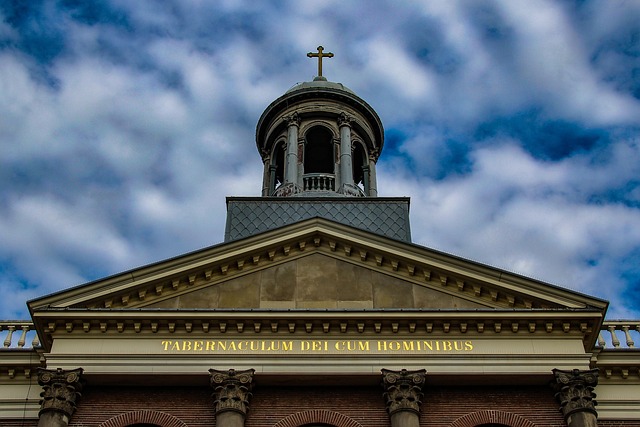The Sacred Significance of the Tabernacle in Religious Rituals
The tabernacle, a term that evokes a profound sense of reverence and spirituality, has held a significant place in various religious traditions throughout history. In essence, it serves as a dwelling place, a sacred space where the divine encounters the earthly, inviting believers to engage in a deeper relationship with the sacred. As we delve into the rituals associated with the tabernacle, we uncover layers of meaning that resonate deeply with our spiritual journeys.
In many faiths, the tabernacle symbolizes the presence of the divine. For instance, in Judaism, the tabernacle served as the portable sanctuary during the Israelites’ wanderings in the desert. It was a place where they could experience God’s presence, offering them a sense of security and community in uncertain times. The rituals performed within its walls were not merely symbolic; they fostered a profound connection between the people and their Creator, reinforcing their faith and identity.
Similarly, in Christianity, the concept of the tabernacle transcends its physical form. The Eucharist, often celebrated in church sanctuaries referred to as tabernacles, emphasizes the belief in the real presence of Christ. Each communion service is a ritual that invites believers to gather, reflect, and deepen their faith. The act of communion transcends the act itself; it is a moment of unity, where personal struggles meet communal strength, creating a powerful ambiance of sacredness.
The rituals surrounding the tabernacle embody a multi-faceted experience—one that intertwines the physical, emotional, and spiritual realms. They provide a structure for worship, guiding individuals through a journey of reflection, confession, and celebration. Whether through prayers, hymns, or meditative silence, these acts serve as stepping stones into a more profound understanding of the divine.
Moreover, the rituals related to the tabernacle often extend beyond the walls of worship. They permeate daily life, encouraging believers to find sacred moments in the mundane. The teachings and practices inspired by the tabernacle instill values of compassion, service, and mindfulness, leading followers to create a life that reflects their spiritual beliefs. Each ritual, each prayer, pushes the boundaries of individual experience, fostering a communal sense of purpose and shared faith.
In essence, the tabernacle represents much more than a physical structure; it embodies the connection between divinity and humanity. It invites individuals to transcend the ordinary, to participate in rituals that are steeped in history, yet alive with contemporary relevance. As such, the sacred significance of the tabernacle continues to resonate profoundly within the hearts and minds of believers, providing a touchstone for faith, community, and the divine journey we all share.




